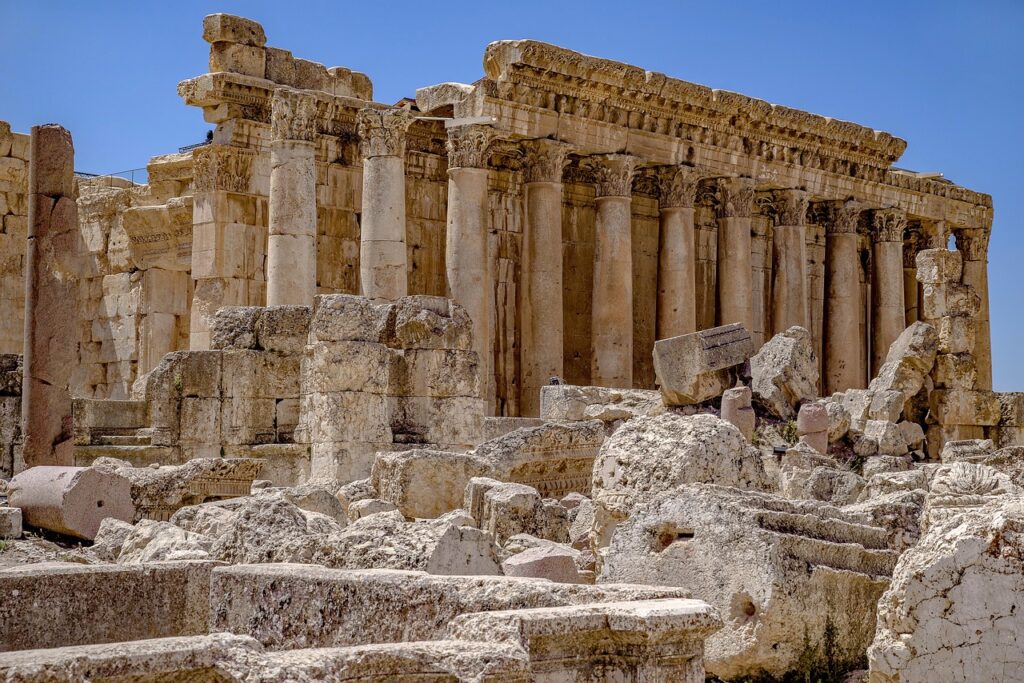
Understanding Currency in Lebanon
Traveling to Lebanon? You’re in for a wild ride! The culture, the food, the sights—it’s all incredible. But let’s not kid ourselves; one of the first big questions you’ll face is how to handle your cash. Should you pay with cash or card? It’s a bit more complicated than you might think. In this guide, I’ll break down everything you need to know to navigate your financial options in Lebanon smoothly.
Cash vs. Card: The Basics
First things first: the official currency in Lebanon is the Lebanese Pound (LBP). In many cases, especially in smaller towns and markets, cash reigns supreme. If you don’t have local currency, be prepared for a few awkward moments.
Why Cash is King
Picture this: you walk into a charming little café in the heart of Beirut, ready to savor a fresh man’ousheh. You pull out your card, only to be met with a blank stare. Many local businesses, from street vendors to quaint eateries, prefer cash transactions. It keeps things simple for them and for you.
Moreover, cash helps you avoid pesky card transaction fees. If you’re budgeting tightly, every penny counts. I mean, would you rather spend on a cappuccino or that breathtaking scarf you spotted in the souk?
When to Use Your Card
On the flip side, using a card can be incredibly convenient, especially for larger purchases like hotel bookings or guided tours. Many establishments in metropolitan areas like Beirut do accept cards, especially the more upscale restaurants and global chains.
Plus, carrying a credit card or debit card can serve as a backup in case your cash runs out. Just be sure to check with your bank about international transaction fees. Nobody wants a post-vacation surprise in their bank statement. Yikes!
The Exchange Game
Before diving into spending, you’ll need to exchange your currency. Lebanon has various exchange offices and banks, but here’s a tip: it’s often better to exchange cash in person than to rely on ATMs when you arrive. They might offer less favorable rates.
Finding the Best Rate
Keep an eye out for the unofficial exchange rates, which can be a bit more favorable. Just be cautious and use reputable exchange booths. If you walk into a random place, make sure the rates they offer are displayed prominently. You might notice signs that read something like “30,000 LBP to $20”—that’s a good indicator!
In bigger cities, more people are familiar with foreign currency, especially USD. Still, get familiar with the Lebanese Pound, as it will give you a better edge when negotiating prices in local shops.
Tips for Budgeting in Lebanon
Daily Expenses
Let’s talk numbers! Budgeting can feel overwhelming, but here’s a rough breakdown of daily expenses you might encounter:
- Street food: $2–$5
- A meal at a local restaurant: $10–$20
- Transport (taxi or bus): $0.50–$3
- Souvenirs: $5–$50
Having a sense of your daily budget can help you plan your cash needs accordingly. Make sure to set aside a little extra for unexpected splurges; you never know when you’ll want to grab an amazing baklava or an artisan piece of pottery.
Keep Small Change Handy
When paying in cash, having small bills is a lifesaver. It’s often tough for vendors to break larger notes, especially in smaller shops or markets. Walking around with a handful of small bills will save you from getting flustered trying to buy that tempting Arabic coffee.
Safety Tips for Money Management
Alright, let’s be real: safety comes first. Carrying large amounts of cash can feel risky. So here’s what you can do:
Use a Money Belt
Investing in a money belt can take your security game up a notch. They can be discreet, and wearing one means you keep your cash and cards close to your body. It’s one less thing to worry about when you’re exploring the markets.
Be Cautious at ATMs
If you decide to withdraw cash from ATMs, choose ones that are located inside banks or busy areas. Nighttime withdrawals are generally a bad idea, so stick to daylight hours. Also, make sure you cover the keypad when entering your PIN—just a little precaution!
Final Thoughts
In a nutshell, whether you choose cash or card in Lebanon really depends on your style of travel. If you’re feeling adventurous, load up on some cash and dive into the local scene. But if convenience is your priority, you know the card can be your friend.
Now that you’re armed with this financial know-how, get out there and soak up the beauty of Lebanon! You’ll find it full of surprises waiting beyond every corner—just like your payment options!
Related: For some practical travel tips about Lebanon, check out Lebanon Travel Blog.
**Related Reading:** – [Related: How to Plan a Solo Trip on a Budget] – [Related: Top Destinations for First-Time Solo Travelers] **#SoloTravel #PayCash #Cardin #Lebanon #Budget #Tips #Travelers**
